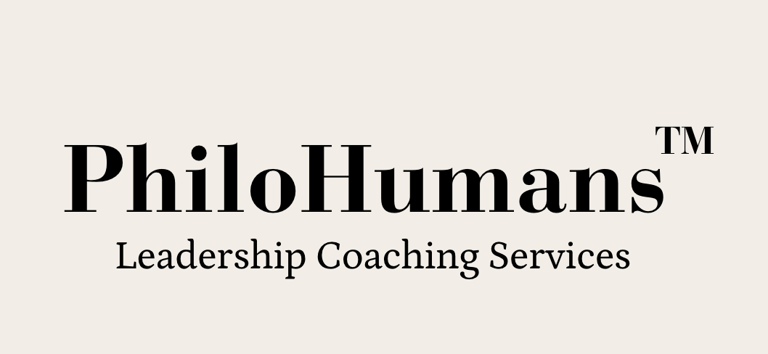The Transformational Power of Three Essential Relationships for Leaders
Discover the transformative power of leadership through authenticity, empathy, and shared humanity. Learn how building crucial relationships—with oneself, immediate circles, and humanity—can redefine leadership success and impact in today's world. Embrace the PhiloHuman mindset for meaningful, effective leadership.
LEADERSHIP RELATIONSHIPS
Dr. Rojin Karickal
10/8/20243 min read


In the ever-evolving landscape of leadership, the ability to adapt, connect, and inspire has never been more crucial. While skills and strategies are important, they pale in comparison to the profound impact of three foundational relationships that define a transformative leader. Known as the PhiloHuman mindset, these relationships emphasize authenticity, empathy, and shared humanity, serving as the bedrock for meaningful and effective leadership.
1. The Relationship with Oneself: Rooted in Authenticity
At the heart of every great leader is a deep and genuine relationship with oneself. This relationship is rooted in authenticity, where leaders embrace their true selves, including their strengths and vulnerabilities. Being authentic means understanding one's values, passions, and purpose. It requires introspection and the courage to be vulnerable. An authentic leader creates trust and encourages openness, fostering a culture where others feel free to express their ideas and beliefs.
Authenticity is not just about self-awareness but also about self-acceptance. Leaders who acknowledge their own imperfections are better equipped to grow and lead others effectively. This self-awareness allows leaders to align their actions with their values, making their leadership style more consistent and impactful. By nurturing a genuine relationship with oneself, leaders cultivate inner resilience and confidence, essential components for navigating the complexities of leadership.
2. The Relationship with Immediate Circles: Rooted in Empathy
The second transformative relationship lies within a leader's immediate circle—family, friends, and colleagues. Rooted in empathy, this relationship requires leaders to not only understand but truly connect with the emotions and experiences of those around them. Empathy fosters an environment of trust and collaboration, where everyone feels valued and heard.
In a world where diverse perspectives are the norm, empathetic leaders harness the power of inclusivity. They listen actively and respond thoughtfully, demonstrating a genuine concern for the well-being and development of others. By valuing emotional intelligence as much as technical skills, leaders can inspire loyalty and drive collective success within their teams and organizations.
Empathy in leadership also means recognizing and addressing the challenges and needs of those in your immediate circle. It is about providing support and guidance, while also embracing diverse viewpoints. This relational approach encourages innovation and problem-solving, creating a more dynamic and engaged community.
3. The Relationship with Humanity: Rooted in Shared Humanity
The third and perhaps most expansive relationship is that with humanity as a whole. Rooted in the understanding of our shared humanity, this relationship transcends borders and cultures. It involves recognizing the interconnectedness of all people and understanding the broader impact of one's actions.
Leaders who embrace this mindset prioritize social responsibility and conscious decision-making. They understand that their role extends beyond personal or organizational success to include contributing to the greater good. This requires a global perspective, where leaders champion causes that uplift communities and promote sustainable growth.
Shared humanity calls on leaders to address issues such as inequality, climate change, and social justice. By doing so, leaders not only improve their organizations but also contribute to a better world. This perspective encourages leaders to act with compassion and to leverage their influence for positive change.
Embracing the PhiloHuman Mindset
By cultivating these three relationships, leaders transform not only their leadership style but also the lives of those they touch. The PhiloHuman mindset is more than just a philosophy; it is a call to action for leaders to live with authenticity, lead with empathy, and connect with the broader human experience.
In today's complex world, where challenges are multifaceted and change is constant, these relationships provide a guiding compass. Leaders who invest in these relationships are better equipped to inspire, innovate, and truly lead, leaving a lasting impact on their organizations and the world at large.
Embrace these relationships, and transform your leadership journey with profound purpose and impact.


